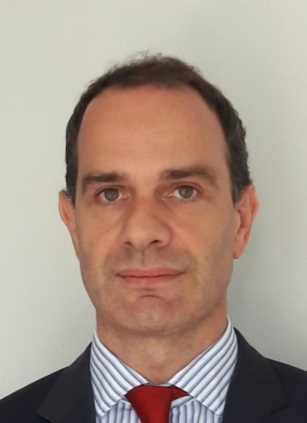
Round table: Policymaking for social enterprises
The case of social enterprise development with the example of a French Association (HopHopFood)
Nice, 21st of June 13:30 - 17:30h
Upon registration via email to: communication@cife.eu
Social entrepreneurship – the practice of responding to market failures with transformative, financially sustainable innovations aimed at solving first social problems – has emerged at the nexus of the public, private, and non-profit sectors.It is a new breed of entrepreneurship that exhibits characteristics of non-profits, government, and businesses – including applying to social problem-solving traditional, private-sector entrepreneurship’s focus on innovation, risk-taking, and large-scale transformation. While social entrepreneurship is not a new phenomenon, the field has experienced enormous growth over the past 15 years, receiving increasing recognition from philanthropists, researchers, schools and universities, as well as policymakers in Europe.
The workshop aims to explain how public policy makers at different level of governance (European, national and local) engage in policy-making and construct public policy for social entrepreneurship development with ecosystem’s stakeholders. It will also focus on policy tools and instruments that are co-created in different fields (finance, legislation) that allow, promote, stimulate and finally impact the development of such enterprises.
Main questions that will be addressed:
- How can public policy makers fully involve ecosystem’s stakeholders to co-create efficient policies for social entrepreneurship and social economy enterprises?
- What are the influential factors to co-creation and the outcomes of these processes in the field of social entrepreneurship?
- How can instruments and tools that are co-created impact the development of such enterprises?
- How to create a “bottom-up approach” and stimulate the co-creation of innovative solutions for the society: the example of food waste and food insecurity in France with the association HopHopFood.
Discussants
Patrick Klein
European Commission – DG Internal Market, Industry, Entrepreneurship
and SMEs (GROW) – “Advanced Technologies, Clusters and Social Economy”
Patrick Klein has been working in different and varied positions within DG GROW. He is currently Head of the Social Economy Team within the Unit “Advanced Technologies, Clusters and Social Economy”. His main activities focus on launching specific actions and projects in order to establish a more relevant ecosystem for the development of social economy enterprises. He also coordinates the European Commission’s expert group “Social Economy and Social Enterprise” which aims to develop public policies in this area. He has previously worked in Access to finance from 2002 to 2011 before joining the European Economic and Social Committee from 2011 to 2014.
Patrick has experience in the private sector where he was consultant for Arthur Andersen and Deloitte from 1997 to 2001. He graduated from the College of Europe (Bruges) and from the University of Law and Political Science of Strasbourg.

Jean-Claude Mizzi
French Ministry of Finance (Ministère de l’Économie et des Finances,
Ministère de l’Action et des Comptes publics)
Jean-Claude Mizzi is a senior Civil Servant at the French Finance Ministry and expert in public policy at European (including “single market”) and international (“Diplomacy”) level. His main interests are information technology, social innovation, social and solidarity economy, circular economy and sharing economy. He graduated i.a. from l’Ecole Nationale d’Administration (ENA), holds a MBA in Management of Companies with networks and is a visiting professor at University Paris II Pantheon-Assas in social economy. In 2016 he cofounded an NGO (now recognised of General Interest), HopHopFood, which aims to fight food waste and food insecurity at the same time, using i.a. a digital platform of food donations between citizens.